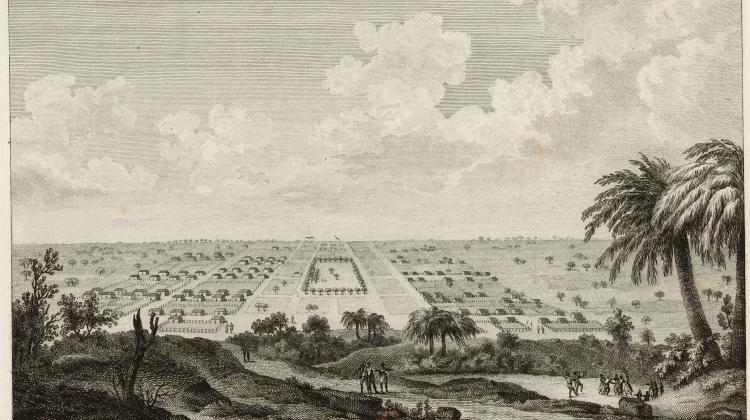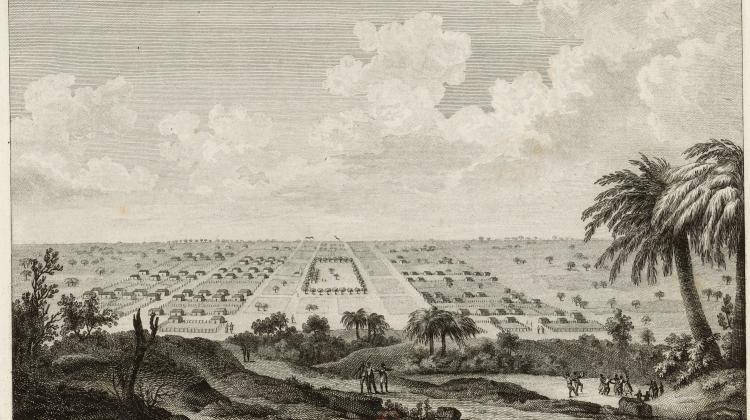HTC Forum Lecture: C.C. McKee

“Environmental Form in the Colonial Caribbean, a History of Circles and Squares“
- Image

Abstract
This paper attempts to square the circle of colonialism’s aesthetic conceit manifest as total control over the Caribbean environment. Squaring the circle implies an achievement of the impossible, a metaphor derived from an antique mathematical problem unsolved into the early modern era. The premise of the problem is as follows: Construct a square with the same area as a given circle using a finite number of steps with a compass and straightedge. Myriad solutions and applications were proposed during the Enlightenment frenzy for structural knowledge and maritime colonial fever of the seventeenth and eighteenth centuries. In one strain, the solution promised to be the ultimate rationalization of an expanding globe that pressed against the limits of reason. Beginning with the expansive implications of this geometry equation starts to dissipate an onto-epistemological smokescreen of European colonialism wherein formal abstraction was laid over the Caribbean landscape to furnish a vision of order and obfuscate contestation. The circle and the square constituted two forms employed by European colonists, indigenous Taínos, and enslaved Afro-Descended populations that traverse the aesthetic and the environmental in their entwined relationships to encounter. An interrogation of these proximate-yet-incongruous shapes in three episodes from the colonial Caribbean, this paper traces lineages of oppression and persistence as a question of form.
The HTC Forum is organized by the
History, Theory, and Criticism of Architecture and Art
and made possible by the
Lipstadt-Stieber Fund.
Bio
C.C. McKee is Assistant Professor of History of Art at Bryn Mawr College and a current Mads Øvlisen Postdoctoral Fellow at the University of Copenhagen. In 2019 McKee received their PhD from Northwestern University (Evanston, IL) and a doctorat from the École des hautes études en sciences sociales (Paris, France). Their research focuses on the intersections of art, colonialism, and natural science in the modern Atlantic World (c. 1750-1950) with an emphasis on the Caribbean. McKee also researches the exploration of colonialism and slavery’s injurious ecological “afterlives” in contemporary Caribbean and African Diasporic art. Their writing has appeared (or will appear) in Art Journal, liquid blackness, CASVA Seminar Papers, Bloomsbury’s 33 1/3 series, Art Forum, and Hyperallergic.
Registration
If you would like to attend this in person event (7-429), please register
https://www.eventbrite.com/e/htc-forum-lecture-cc-mckee-tickets-437693652497


